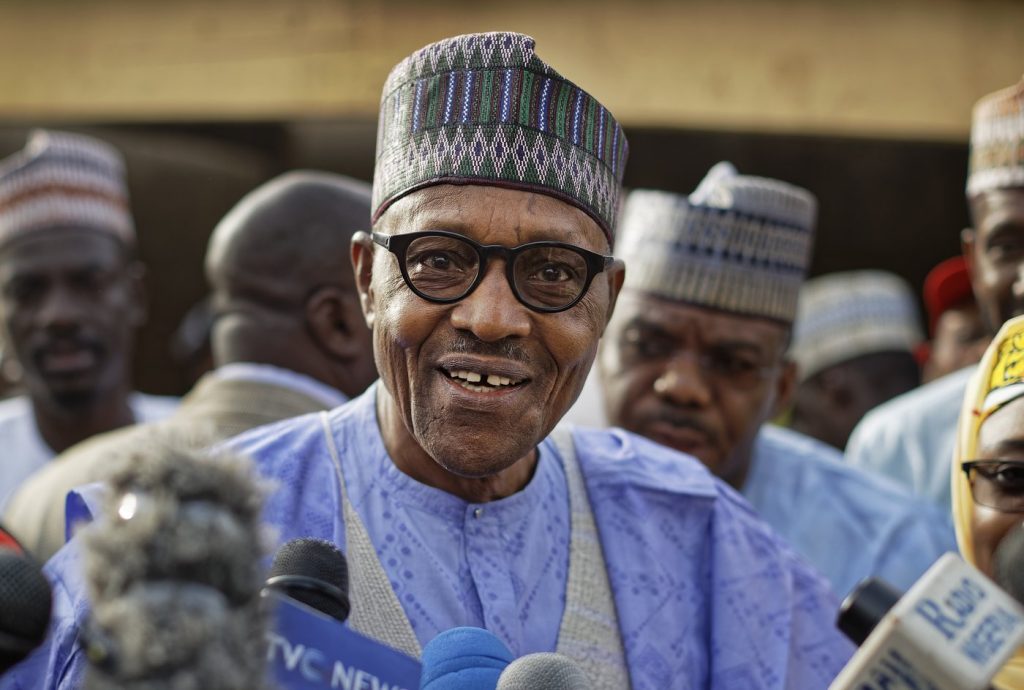LAGOS, Nigeria (AP) – Muhammadu Buhari, the former president of Nigeria, passed away at the age of 82, as confirmed by his press secretary on Sunday. Buhari's death occurred in London, where he had been undergoing medical treatment for the past few weeks.
Buhari made history as Nigeria's first president to successfully defeat an incumbent in the 2015 presidential election. His administration witnessed significant challenges, including the country's worst economic period and the persistent fight against insurgency and terrorism. Despite these hurdles, Buhari remained a prominent figure in Nigerian politics, serving twice as a military head of state and later as a democratically elected president.
Throughout his tenure, Buhari focused on reforming Nigeria's economy, addressing rampant corruption, and combatting the Boko Haram insurgency, which had plagued the northern regions of the country. His leadership style often drew both support and criticism, reflecting the complexities of Nigeria’s socio-political environment.
The former president was elected in March 2015, promising a change from the previous administration led by Goodluck Jonathan. Buhari’s electoral victory was significant in the context of Nigeria’s political history, as it marked a shift towards greater democratic governance. His government, however, faced criticism for its handling of economic issues, with inflation rates soaring and unemployment levels reaching alarming heights.
During his second term, which began in 2019, Buhari continued to encounter challenges, including increasing insecurity and calls for restructuring the nation. His administration has been characterized by mixed reviews, with some citizens praising his anti-corruption efforts while others expressed disappointment over the rising cost of living and inadequate responses to security threats.
Buhari's time as president also saw him engaging in various international forums, where he represented Nigeria on global platforms, addressing climate change and economic collaboration with other nations. His presence at events such as the UN Climate Change Conference in Glasgow showcased Nigeria's commitment to participating in global discussions on pressing issues.
As a significant figure in Nigeria's contemporary history, Buhari's legacy will likely be debated for years to come. His death marks the end of an era that encapsulated both significant achievements and formidable challenges in one of Africa's most populous nations. Families, friends, and supporters mourn his passing while reflecting on his contributions to the nation.











